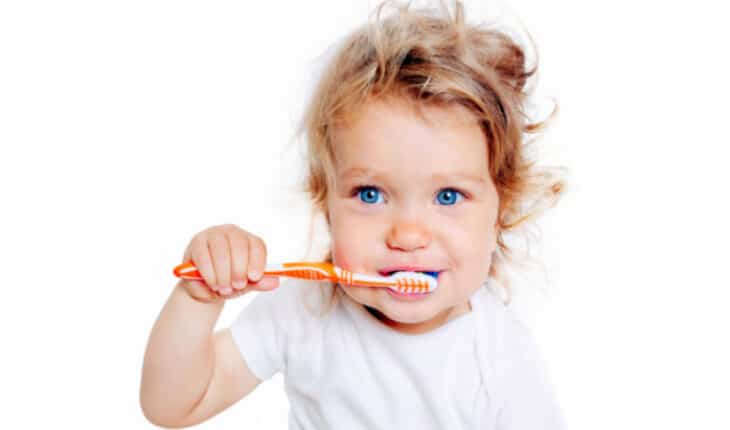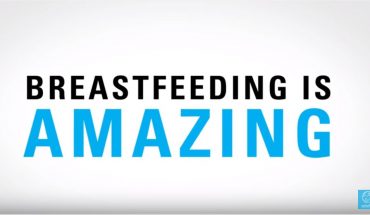BSPD advises GDP members to discuss immunisation following polio virus detection: Recent reports of the detection of the polio virus in sewage samples in London have promoted the British Society of Paediatric Dentistry (BSPD) to issue a note to members.
The Society’s advice is to highlight the evidence-based risk, explain this to families in the context of UKHSA’s (UK Health Security Agency) announcement and to signpost them to their GP or health visitor.
Whilst currently there is no confirmed UK case of polio, UKHSA have issued a statement recognising the potential severity. So BSPD believes that as part of ‘Making Every Contact Count’ (MECC) and our commitment to provide holistic care for our patients, that this is the ideal opportunity for dentists to play their role.
Dentists will be asking about patients’ vaccination status as part of the routine medical history. BSPD believes that this is the moment to ask specifically about polio immunisation and recommends Dental Check by 1 (DCby1), as an ideal time to remind parents and carers to ensure their children’s immunisation records are up to date (DCby1 is BSPD’s campaign to get children into a dentist’s chair before their first birthday).
The polio virus causes a potentially debilitating and, in rare cases, deadly disease. The detection of polio virus is the first known UK community transmission for nearly four decades. The UK Health Security Agency (UKHSA) are urging the public to ensure polio vaccines are up to date, especially parents of young children who may have missed an immunisation opportunity. However, UKHSA also reassured the public that “Vaccine-derived poliovirus is rare and the risk to the public overall is extremely low.”
Professor Sondos Albadri, President, BSPD said: “BSPD is keen to support MECC and it makes sense for our members to take this opportunity to spread the message about the importance of vaccination.”
We must not underestimate the danger of infectious diseases and would recommend paediatric dentists and GDPs seeing children – and their parents or carers – take this moment to discuss the polio virus vaccine, if they have not done so already. This is important advice for both child and adult. Good advice for patients includes checking a child’s Red Book or contacting their GP practice or health visitor to arrange an appointment. We know that vaccines are our best defence against potentially life changing or fatal viruses.”
- Read here: https://www.gov.uk/government/news/poliovirus-detected-in-sewage-from-north-and-east-london
- Read here Making Every Contact Help (MECC)
- Read here: BSPD Dental Check by One
- The polio vaccine is given in three doses to babies, followed by boosters for toddlers and teenagers, as part of the NHS’s routine vaccination programme
About BSPD
The British Society of Paediatric Dentistry (BSPD) has an established place in the dental profession thanks to the dedication of dentists stretching back over almost 70 years. BSPD’s mission is to improve the oral health of children and young people. The Society’s executive committee provides strategic direction in line with our 3-year plan and oversees our engagement with other special interest groups and political decision makers. BSPD is now in a strong position to campaign for and implement improvements in children’s oral health in the UK.
BSPD membership has grown steadily over the last few years with a broadened profile. Anyone in the dental profession with an interest in children’s oral health is welcome to join the Society. There are full and associate membership categories which encompass our growing groups of members. These include dentists, dental care professionals (DCPs), dental and DCP students, international members and all members of the dental team. We are clear that you do not need to have a dental qualification to be a member of BSPD, just a genuine passion for children’s dentistry. Discover more at https://www.bspd.co.uk
- Gut microbiome could delay onset of type 1 diabetes - 3rd April 2025
- The da Vinci 5 Robot Is Set To Transform Bariatric Care: - 31st March 2025
- Beyond money: the hidden drivers fuelling child food insecurity - 31st March 2025






